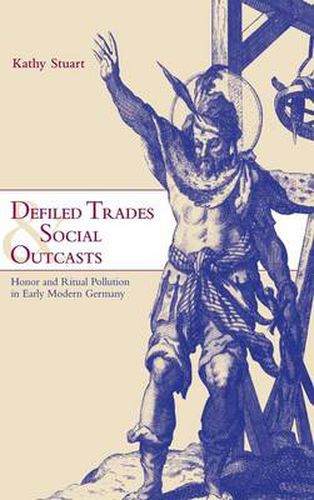Readings Newsletter
Become a Readings Member to make your shopping experience even easier.
Sign in or sign up for free!
You’re not far away from qualifying for FREE standard shipping within Australia
You’ve qualified for FREE standard shipping within Australia
The cart is loading…






This book presents a social and cultural history of ‘dishonourable people’ (unehrliche Leute), an outcast group in early modern Germany. Executioners, skinners, grave-diggers, shepherds, barber-surgeons, millers, linen-weavers, sow-gelders, latrine-cleaners, and bailiffs were among the ‘dishonourable’ by virtue of their trades. This dishonour was either hereditary, often through several generations, or it arose from ritual pollution whereby honourable citizens could become dishonourable by coming into casual contact with members of the outcast group. The dishonourable milieu of the city of Augsburg from the sixteenth to the eighteenth century is reconstructed, to show the extent to which dishonour determined the life-chances and self-identity of dishonourable people. The book then investigates how honourable estates interacted with dishonourable people, and how the pollution anxieties of early modern Germans structured social and political relations within honourable society.
$9.00 standard shipping within Australia
FREE standard shipping within Australia for orders over $100.00
Express & International shipping calculated at checkout
This book presents a social and cultural history of ‘dishonourable people’ (unehrliche Leute), an outcast group in early modern Germany. Executioners, skinners, grave-diggers, shepherds, barber-surgeons, millers, linen-weavers, sow-gelders, latrine-cleaners, and bailiffs were among the ‘dishonourable’ by virtue of their trades. This dishonour was either hereditary, often through several generations, or it arose from ritual pollution whereby honourable citizens could become dishonourable by coming into casual contact with members of the outcast group. The dishonourable milieu of the city of Augsburg from the sixteenth to the eighteenth century is reconstructed, to show the extent to which dishonour determined the life-chances and self-identity of dishonourable people. The book then investigates how honourable estates interacted with dishonourable people, and how the pollution anxieties of early modern Germans structured social and political relations within honourable society.